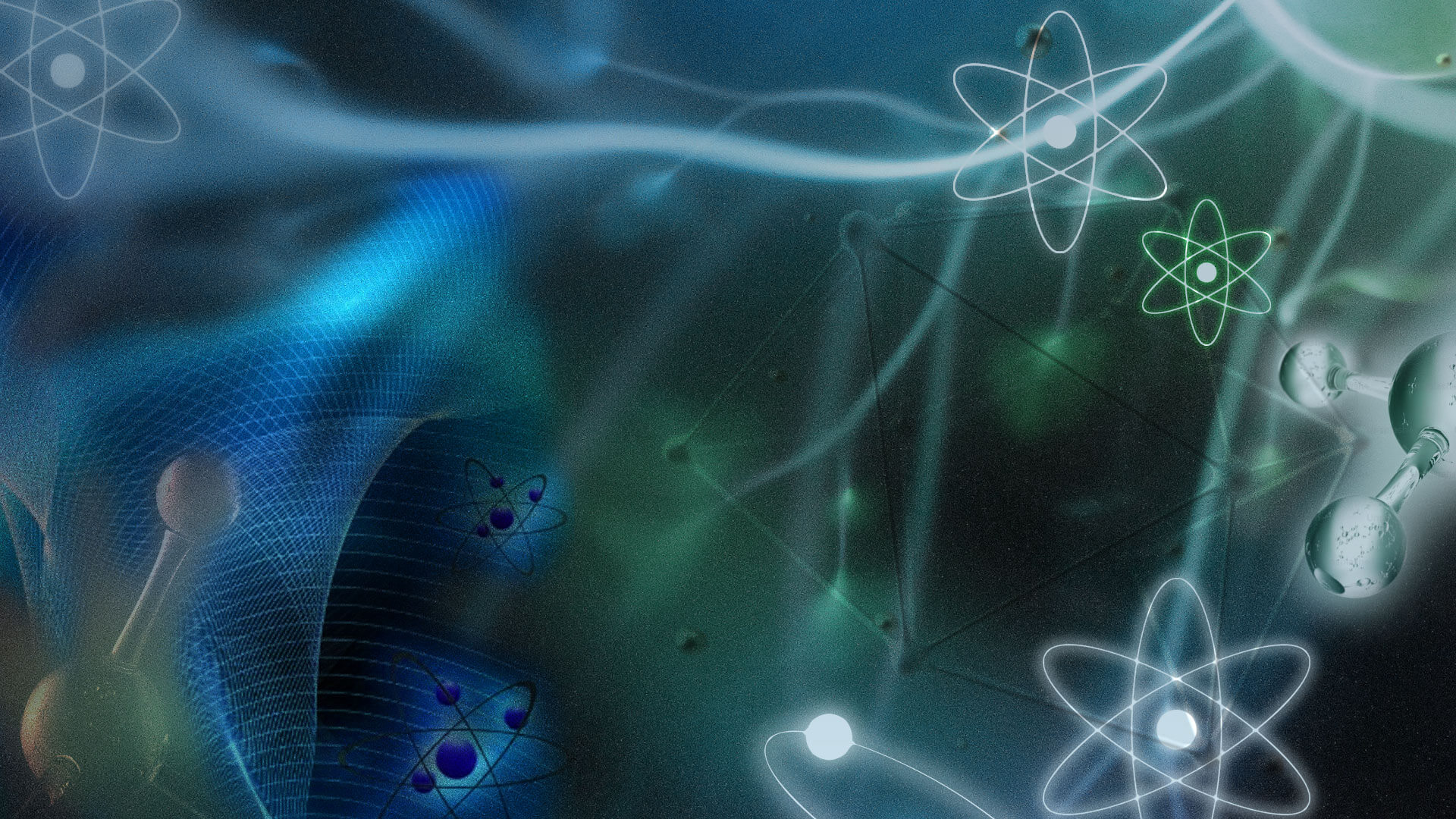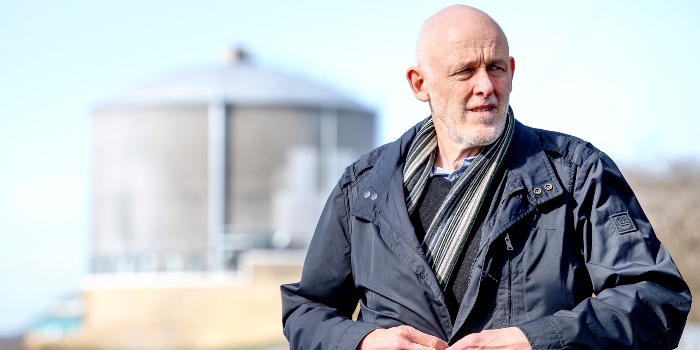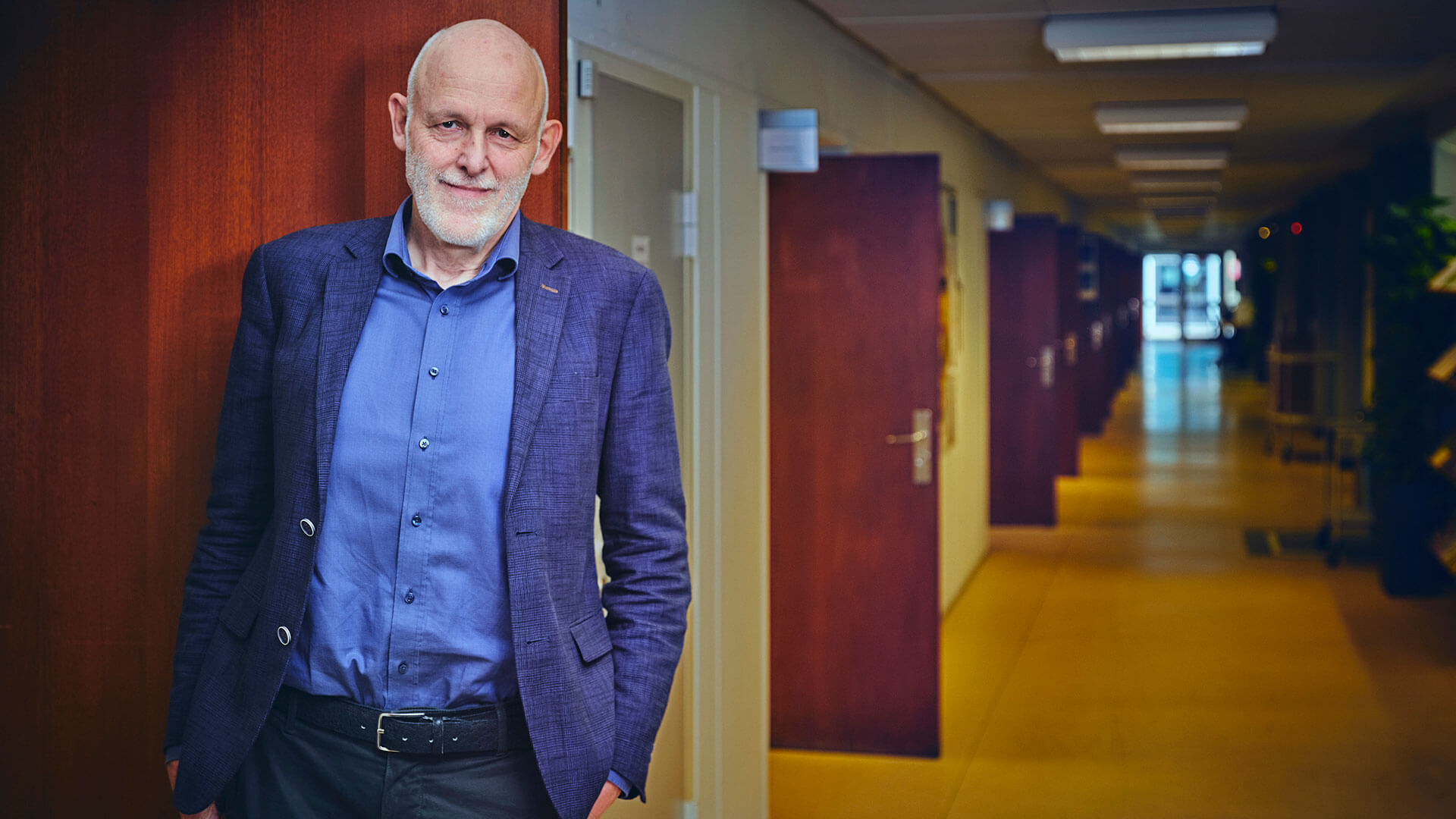Research into nuclear power technologies is not inherently associated with any safety risk.
The research currently being conducted at DTU is primarily based on advanced computer models that simulate various conditions relating to both the design and operation of nuclear reactors.
Looking at nuclear power as an energy source, figures from Our World in Data, compiled by the University of Oxford among others, show that it is among the safest energy technologies in use today.
Based on historical data, nuclear power has caused 0.03 deaths per terawatt-hour of electricity produced. This is on a par with solar and wind energy, which stand at 0.02 and 0.04 respectively.
New reactor types, such as molten salt reactors, are being developed with a focus on making them even safer than existing plants.
DTU’s research contributes to increasing the safety of nuclear power, both for new and existing reactor types. Some of the research aims to help prevent accidents, while other sections aim to strengthen emergency response capabilities.





